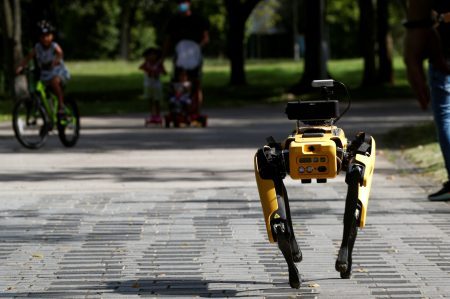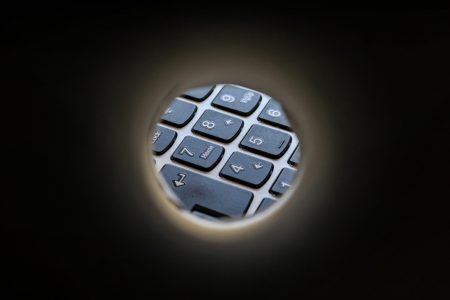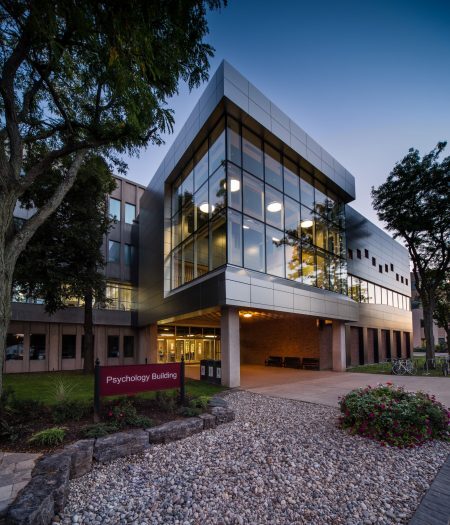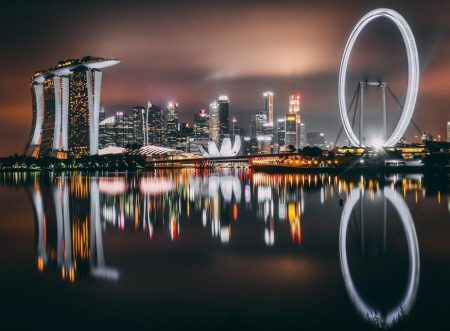Vaccine or not, we have to come to terms with the reality that COVID-19 requires us to rethink how we live. And that includes the idea of smart cities that use advanced technologies to serve citizens. This has become critical in a time of pandemic.
Browsing: technology
Many countries have introduced social distancing measures to slow the spread of the COVID-19 pandemic. To understand if these recommendations are effective, we need to assess how far they are being followed.
Following on from our guide to cleaning your phone and keyboard last week, we at Stuff thought it might be…
Each one of us could be watching an online video at some point on any given day. We could be…
Long-distance running times are dropping – and the first sub-two hour marathon was completed recently by Kenyan athlete, Eliud Kipchoge. Some are arguing that innovations in trainer design are playing a pivotal role in these improvements. But what is the science behind these elite running shoes? Can they really make such a big difference? And can they get even better?
“To be dead,” wrote the 20th century French philosopher Jean-Paul Sartre, “is to be a prey for the living.” Even Sartre, though, would have struggled to imagine casting James Dean in a movie 64 years after the actor’s death.
These days, it’s hard to know whom to trust online, and how to discern genuine content from fakery. Some degree of trust…
If you’re a Gmail user, you might have recently noticed a ghost-like presence in your email account. It’s light grey, and it comes and goes, sometimes when you’re not expecting it. And, like most ghost sightings, glimpses of it have been reported to be a little creepy.
The Large Interactive Virtual Environment Laboratory (LIVELab) at McMaster University is a research concert hall. It functions as both a high-tech laboratory and theatre, opening up tremendous opportunities for research and investigation.
Today, improving urban services through digital transformation is a huge industry, dominated by the likes of Cisco and IBM. But the idea of a “smart city” encompasses more than the clever application of technology in urban areas. That technology must also contribute to making cities more sustainable, and improving the quality of life for the people who live there.










